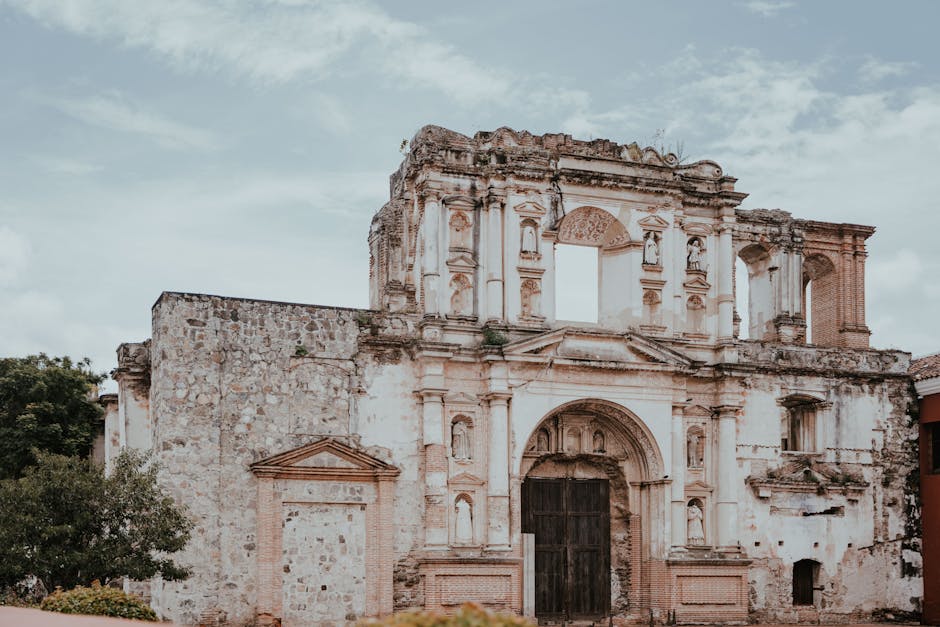Colonialism, a period marked by the forceful occupation and domination of one territory by another, left an indelible mark on the world. Its reverberations continue to shape geopolitical landscapes, cultural identities, and even the very environment. This article delves into the significant consequences of colonialism, examining the complex interplay between archaeology and history in understanding its lasting impact.
A pervasive theme across colonial encounters is the systematic dismantling of indigenous systems and knowledge. The forceful imposition of foreign governance structures, legal frameworks, and economic models often resulted in the marginalization or outright suppression of pre-existing social, political, and economic systems. Archaeological investigations reveal a significant loss of material culture, including tools, architecture, and religious artifacts. Destruction of sites, intentional or accidental, erased narratives of indigenous pasts and present, sometimes even leading to the erasure of entire populations from historical memory. This obliteration of cultural heritage, as seen in the looting of artifacts from colonized nations, exemplifies a crucial point: colonialism isn’t merely political; it’s deeply cultural.
Economic exploitation stands as another significant outcome of colonialism. Colonial powers frequently established exploitative economic systems designed to extract resources from colonized territories. The focus often shifted from sustainable practices to the extraction of valuable minerals, agricultural products, or raw materials for the benefit of the colonizer. Archaeological findings can illuminate the material manifestations of this exploitation. For instance, the patterns of resource extraction and the development of infrastructure, such as mines or ports, offer tangible evidence of the economic structures imposed. Moreover, analyzing trade routes and patterns of distribution can reveal the flow of resources and wealth, highlighting the profound inequalities inherent in this system. Historical records further detail the impact of these economic systems on local populations, including the creation of exploitative labor systems, and the imposition of cash economies that disrupted traditional livelihoods and social structures.
Political dispossession and the creation of artificial borders are key components of the colonial legacy. Arbitrary boundaries often ignored existing ethnic and cultural divisions, leading to conflicts and political instability in post-colonial periods. These arbitrary borders, frequently imposed by colonial powers with little regard for local realities, continue to affect international relations and internal dynamics even today. Archaeological research into pre-colonial political structures and social organizations can offer valuable insights into how colonialism fragmented existing social orders and created the foundation for the nation-states we see today. Comparing archaeological findings on pre-colonial political units with post-colonial political boundaries offers a crucial lens for examining the consequences of territorial re-organization and the lasting impact on local populations.
Cultural suppression played a vital role in the process of colonization. Indigenous languages, religions, and social customs were often actively suppressed or replaced with those of the colonizer. Archaeological discoveries, such as the destruction of religious sites or the suppression of traditional art forms, reveal the deliberate nature of this cultural subjugation. Analysis of material culture across colonized areas, alongside primary source material like colonial records, allows historians to understand how indigenous cultures were transformed under colonial rule, and in many cases, how they maintained their identities despite the constraints. This is illustrated by the persistence of oral traditions, the resilience of indigenous practices in covert settings, and the enduring legacy of indigenous knowledge systems, often preserved and passed down through generations.
A detrimental impact of colonialism is the environmental degradation. The pursuit of raw materials and the implementation of unsustainable economic practices often led to environmental damage. Archaeological sites can sometimes bear the marks of deforestation, soil erosion, or other environmental consequences linked directly to colonial exploitation. Historical records, combined with scientific analyses of environmental samples, offer a deeper understanding of the long-term environmental costs of colonial actions, and demonstrate the lasting consequences on local ecosystems and the overall natural world.
In conclusion, colonialism’s consequences extend far beyond the immediate period of occupation. The enduring legacy of colonial practices shapes our understanding of today’s world. By examining the complex interplay between archaeology and history, we can gain a deeper understanding of the various facets of this historical phenomenon. The material remains, tangible evidence of trade routes, economic structures, and political systems, offer a window into the intricate web of consequences that continue to resonate today. Understanding the historical and archaeological records, particularly the lasting socio-political and environmental legacies of colonialism, is crucial to foster a just and equitable future, and to confront the ongoing challenges stemming from this dark period in history.
